WASHINGTON, D.C. — Concerns over automated ammunition vending machines in grocery stores have prompted U.S. Senators Ed Markey (D-MA) and Elizabeth Warren (D-MA) to call for an investigation by the Bureau of Alcohol, Tobacco, Firearms, and Explosives (ATF). In a recent letter to the ATF Director, the Senators expressed alarm about the potential dangers these machines pose, particularly in light of the nation’s ongoing struggle with gun violence.

The vending machines, introduced by the company American Rounds, utilize advanced technology, including facial recognition software, to verify a customer’s identity before dispensing ammunition. These machines are already in use in states such as Texas, Oklahoma, and Alabama, with plans to expand into Florida. The idea behind the machines is to provide gun owners with a more convenient way to purchase ammunition during their regular shopping trips.
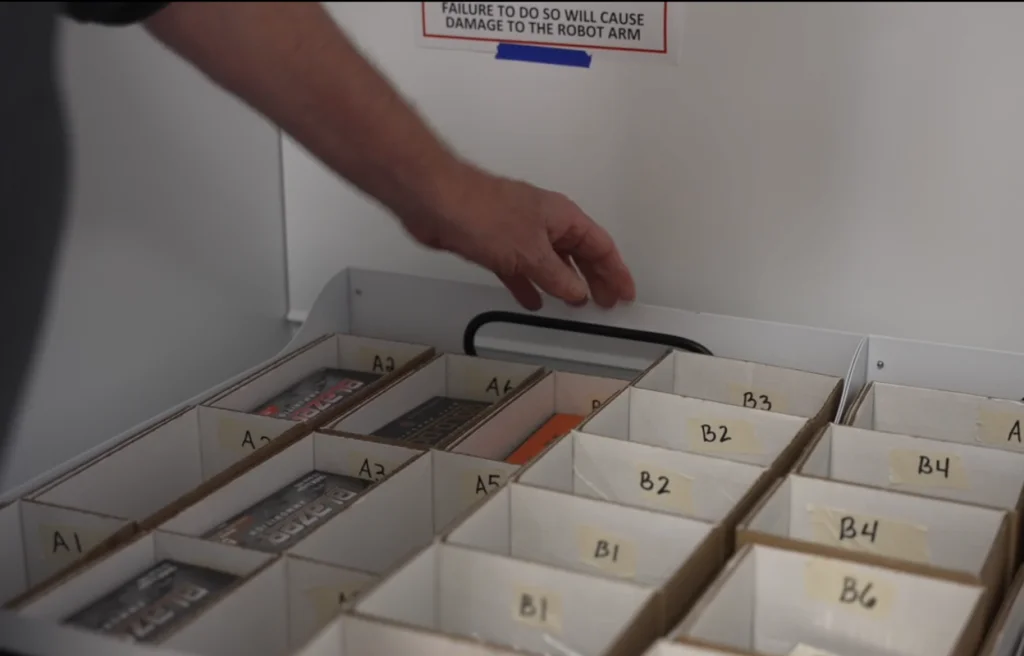
However, the introduction of these machines has sparked significant controversy. In their letter, Senators Markey and Warren warned that the widespread availability of these machines could make it easier for prohibited individuals to obtain ammunition, thus increasing the risk of gun-related violence. They urged the ATF to thoroughly investigate the use of these machines and consider prohibiting their placement in general retail locations, including supermarkets and grocery stores.
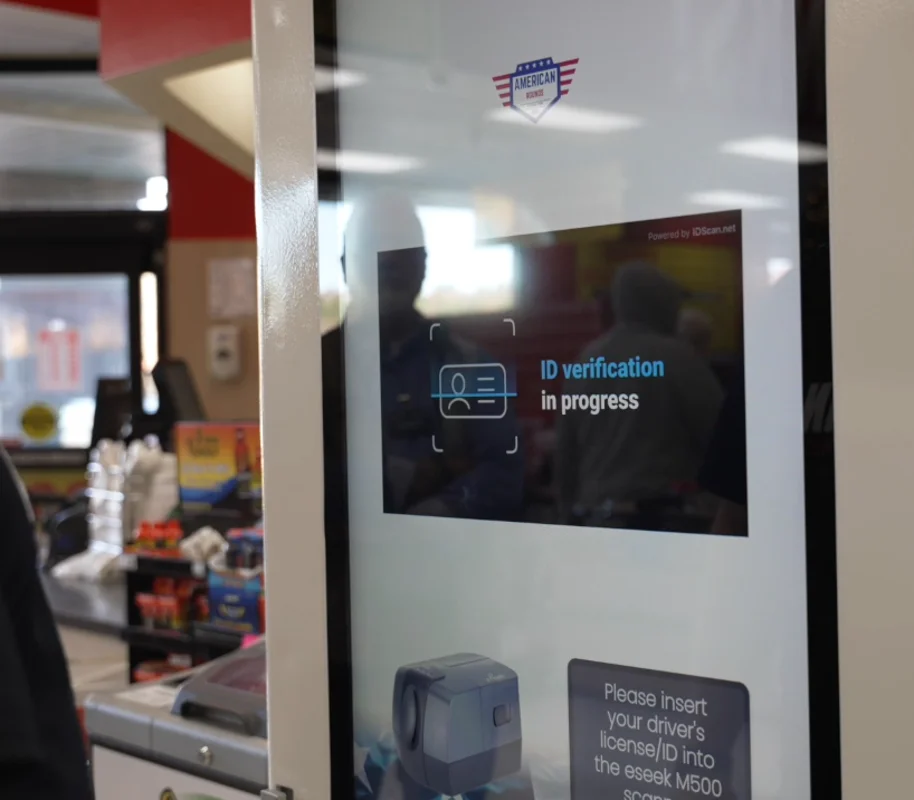
The move to expand these machines into Florida follows the recent passage of House Bill 543, signed by Governor Ron DeSantis, which allows Floridians to carry concealed weapons without a permit. This law, often referred to as “Constitutional Carry,” has already generated significant debate, and the potential introduction of ammo vending machines is likely to intensify the discussion.
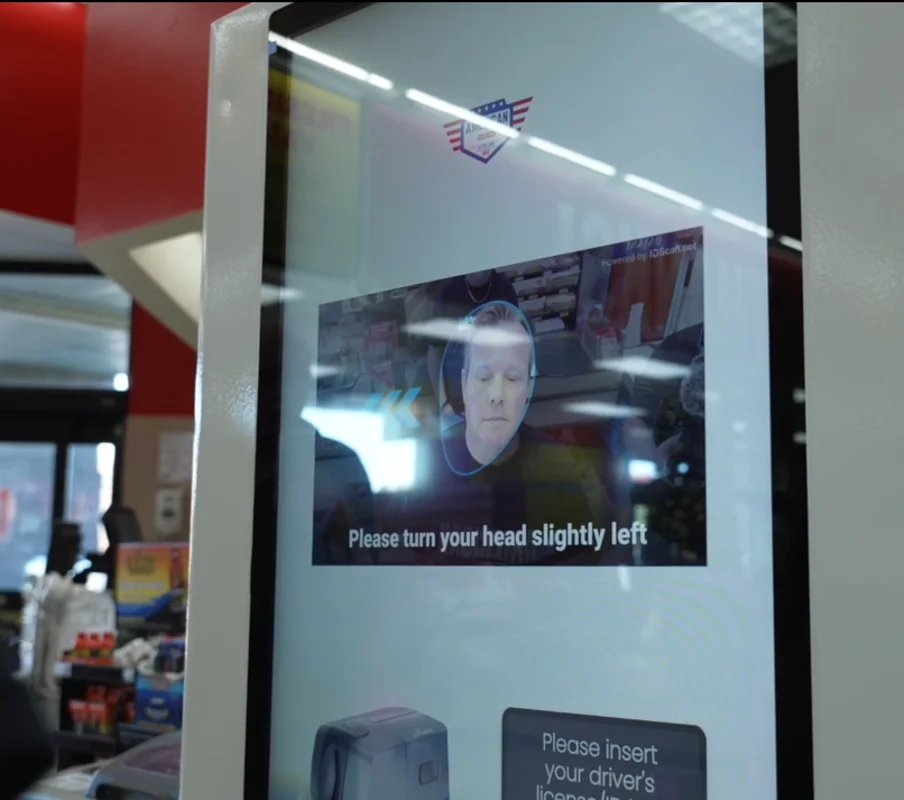
Supporters of the vending machines argue that they offer a secure and efficient way to purchase ammunition. The machines are equipped with ID scanners and facial recognition technology to ensure that only individuals who meet legal requirements can make purchases. Proponents claim that this innovation could set a new standard for retail transactions involving firearms and ammunition.
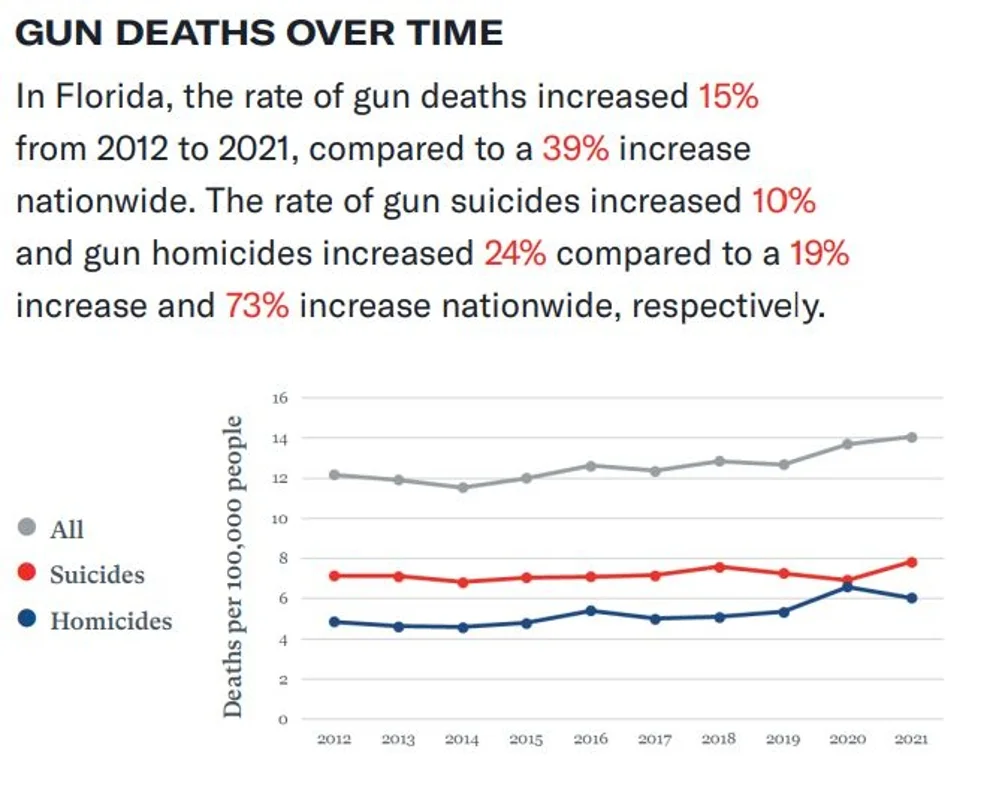
Despite these assurances, many residents and critics remain concerned about the potential risks. Florida, which already experiences high levels of gun violence, could see these issues exacerbated by the increased accessibility of ammunition. Critics argue that the convenience of these machines could lead to more impulsive and dangerous uses of firearms, especially in a state where gun violence is already a pressing issue.
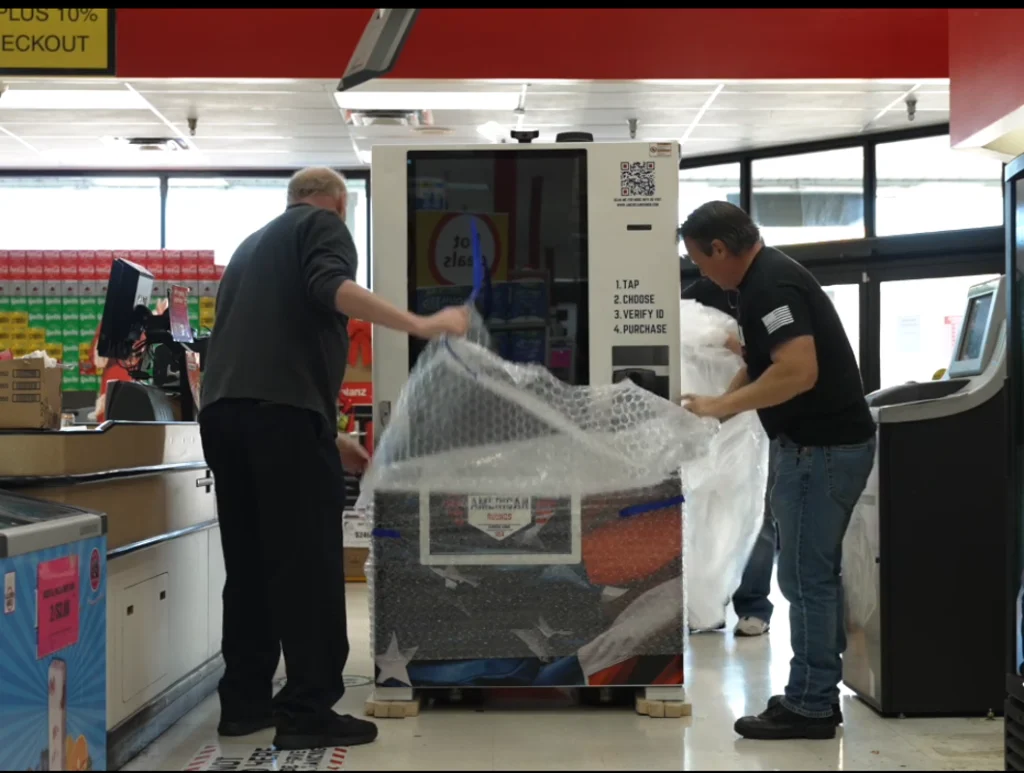
Privacy concerns have also been raised regarding the use of facial recognition technology in these machines. Some individuals worry about how the biometric data collected by the machines will be stored and used. The debate over the machines has extended to social media, where users have expressed fears about the implications of such technology.
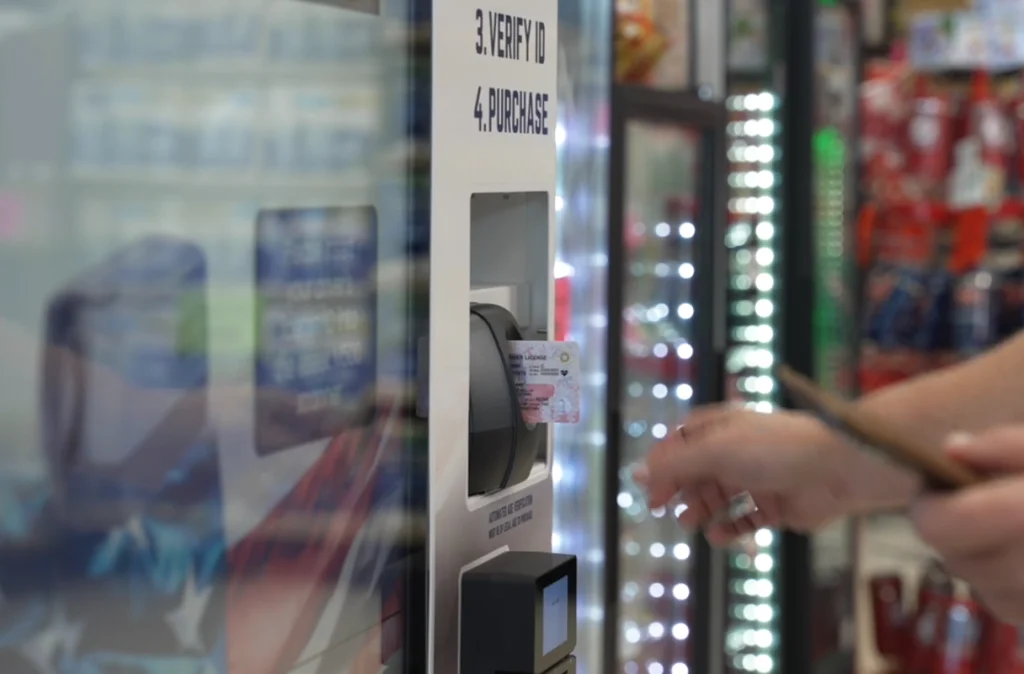
As the debate over these vending machines continues, the ATF’s response to the Senators’ concerns will be closely watched. If the agency determines that the machines pose a significant threat to public safety, they could use their regulatory authority to restrict or ban their use in grocery stores and other general retail locations.
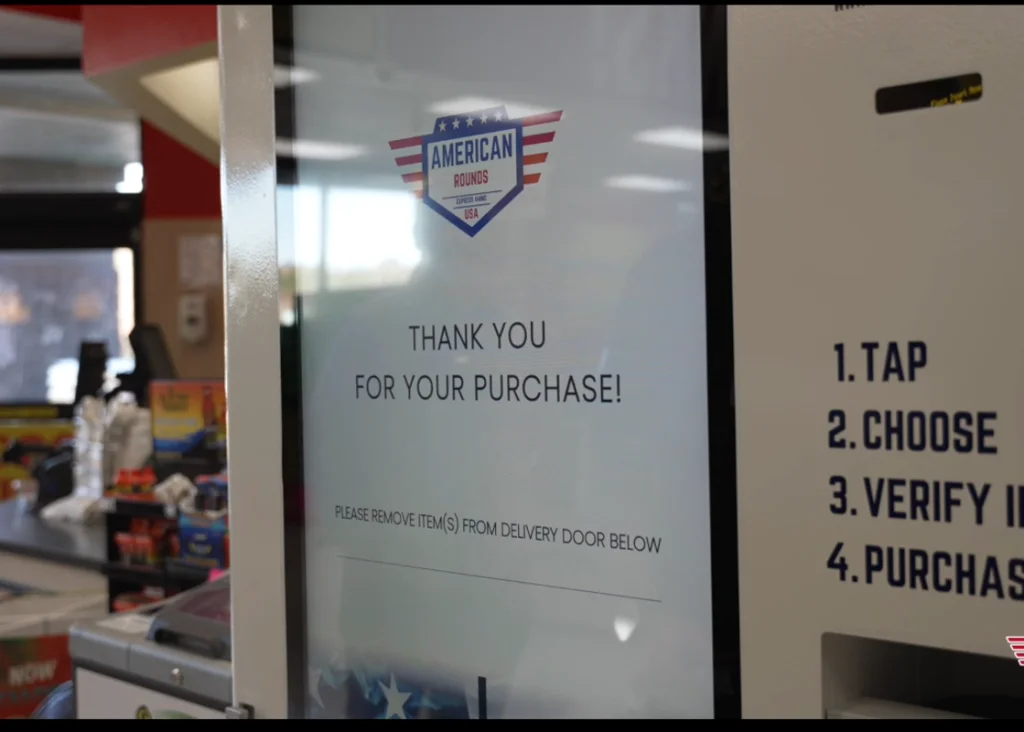
The controversy surrounding these machines underscores the ongoing tension between gun rights and public safety in the United States. As more states consider adopting similar technologies, the balance between convenience and security will remain a critical issue in the national conversation on gun control.





